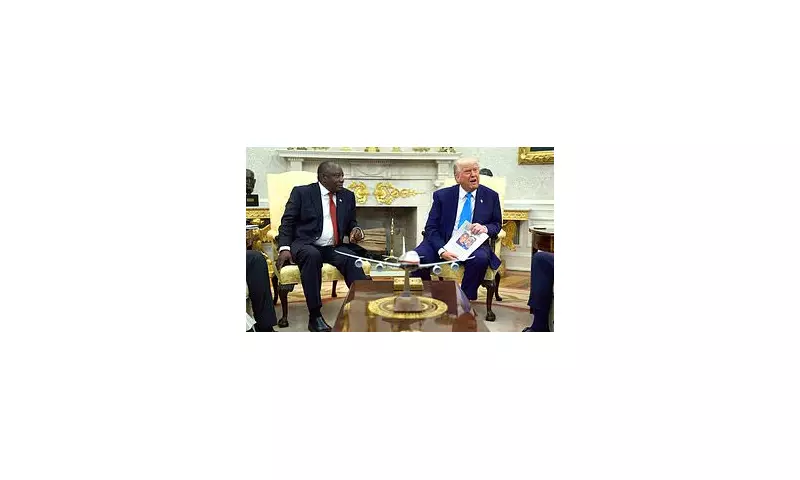
The Trump administration has announced the most restrictive refugee admissions programme in modern American history, setting the annual cap at just 7,500 places for the coming year. This represents a staggering 85% reduction from the 110,000 refugee limit established during President Obama's final year in office.
Steep Decline in US Humanitarian Leadership
This dramatic cut continues a consistent downward trend under President Trump's leadership, with refugee admissions falling from 85,000 in 2016 to the current historic low. The decision places the United States far behind other Western nations in per-capita refugee acceptance and has drawn sharp criticism from human rights organisations.
"This administration is turning its back on the world's most vulnerable people at a time when global displacement is at record levels," stated a spokesperson for the International Rescue Committee.
Administration Defends National Security Focus
White House officials have defended the decision, emphasising their commitment to "protecting American jobs and security" while prioritising other immigration pathways. The administration argues that the reduced cap allows for more thorough vetting procedures and resource allocation to border security measures.
However, critics point out that the actual number of refugees admitted often falls significantly below the established cap, suggesting the real impact could be even more severe than the numbers indicate.
Global Implications and Political Fallout
The policy shift comes as the United Nations reports unprecedented global displacement, with over 80 million people forcibly displaced worldwide. Refugee advocacy groups warn that America's reduced commitment could encourage other nations to follow suit, potentially creating a humanitarian crisis of unprecedented scale.
With the presidential election looming, the refugee cap has become another flashpoint in the broader immigration debate, highlighting starkly different visions of America's role in addressing global humanitarian challenges.





